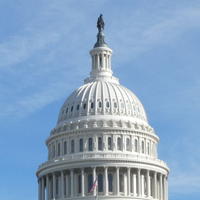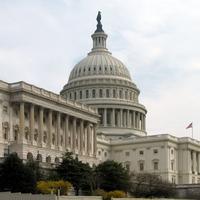(Washington, D.C.) August 27, 2021 -- Statement from CLPHA Executive Director Sunia Zaterman on the Supreme Court's blocking of the CDC's eviction moratorium:
“The Supreme Court’s decision last night to invalidate the federal eviction moratorium threatens the lives of million of families, many of whom are people of color, with the tragic consequences of eviction and homelessness just as colder months approach and the delta variant rages out of control.
“As mission driven organizations public housing authorities believe that keeping residents housed is the most effective policy for the families, communities, and public health safety. Housing authorities continue to take a multitude of steps to keep their residents housed, including connecting residents with legal and relief resources, streamlining the income recertification process, operating rent relief programs, creating partnerships with community service organizations, and so much more.
“The most effective lifeline available to tenants and landlords are the significant funds in the Emergency Rental Assistance Program that Congress passed in two tranches late last year and in the first quarter of 2021. CLPHA is working closely with the Biden administration by providing recommendations that will expedite emergency rental assistance as swiftly as possible.”

On May 2, 2025, the Trump administration released its budget proposal for Fiscal Year 2026 (FY26).

On March 11, 2024, the Biden Administration released its budget proposal for Fiscal Year 2025 (FY25). For the Department of Housing and Urban Development (HUD), the Budget requests $72.6 billion in discretionary budget authority for FY25, a $2.531 billion increase or 3.6 percent increase from the FY24 enacted level.

On March 9, the Biden Administration released its preliminary budget proposal for fiscal year 2024.